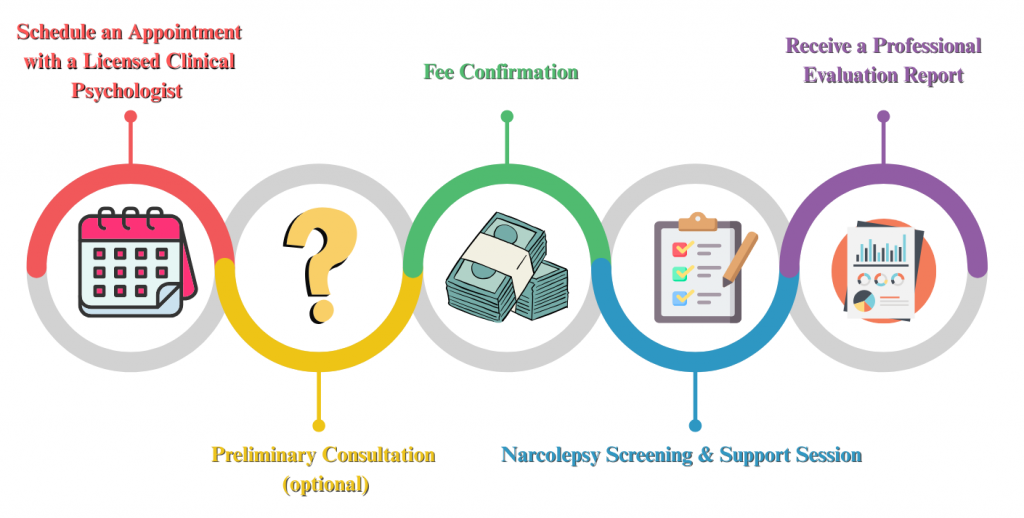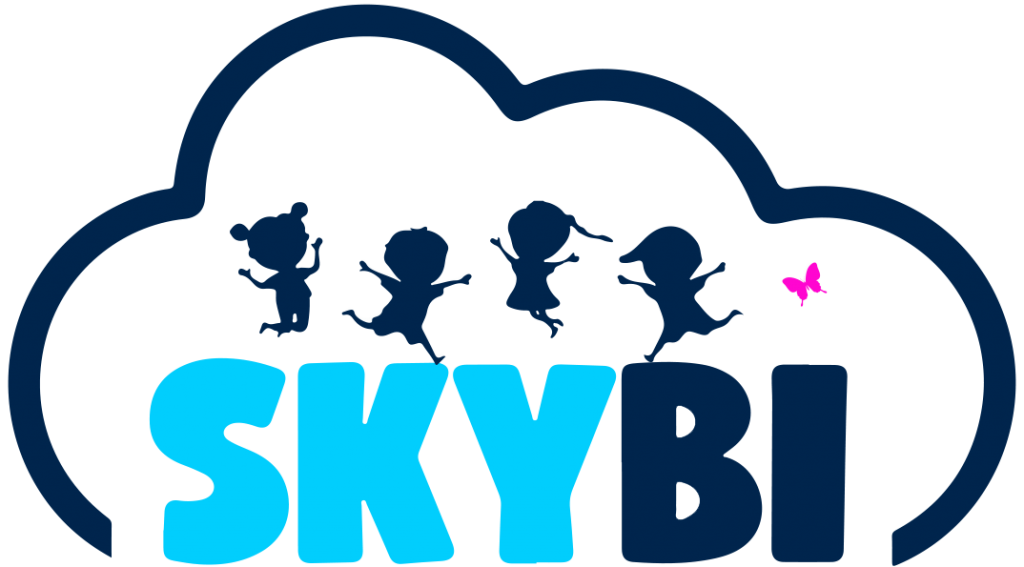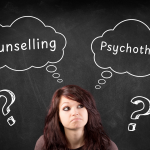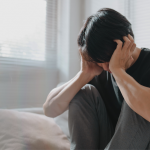13-9, 2 Rio Tower, Persiaran Rio, Bandar Puteri, 47100 Puchong, Selangor, Malaysia.
Narcolepsy
Understanding and Managing a Sleep-Wake Disorder
Narcolepsy is a long-term condition that affects the brain’s ability to regulate the natural rhythm between sleep and wakefulness. While it can appear in surprising ways, it often involves excessive daytime sleepiness and sudden episodes of falling asleep. At Skybi, we offer initial screening and personalised strategies as part of our approach to the management of sleep disorder, helping you understand symptoms, explore possible causes, and improve daily functioning — even if a formal diagnosis requires hospital-based testing.
What is Narcolepsy?
A neurological sleep-wake disorder that causes extreme daytime sleepiness and can lead to sudden, uncontrollable sleep episodes. Other symptoms may include muscle weakness triggered by emotions, vivid dream-like experiences, and temporary inability to move when falling asleep or waking up.
Recognizing the signs of narcolepsy is the first step toward getting the right support and improving your quality of life.
Symptoms of Narcolepsy
Narcolepsy can present in different ways. Below are some of the most common signs and experiences — click each to learn more:
Known as hypnagogic hallucinations, these are vivid, dream-like sensations that occur while falling asleep. They may include voices, figures, or movement, and can feel unsettling or difficult to distinguish from reality.
How Might It Affect Your Daily Life?
Narcolepsy impacts more than just sleep. It can influence confidence, activities, and emotional wellbeing:
😰
Fear of Dozing
🚷
Public Avoidance
🫤
Stigma
Misunderstanding from others, who may think you are lazy or disinterested.
🚫
Activity Limits
Needing to avoid driving or sports due to safety concerns.
Addressing these challenges is an important part of the management of sleep disorder, as it can improve confidence, safety, and overall well being.
Next Steps When Symptoms Are Present
Feeling persistently exhausted despite rest can be frustrating — especially when it’s misunderstood. Some sleep conditions make it hard for the brain to regulate wakefulness, leading to disruptions that affect energy, safety, and quality of life.
At Skybi, our mental health professionals can help you explore possible narcolepsy symptoms through guided conversations and recognised screening tools, such as questionnaires and detailed sleep history interviews. While a formal diagnosis of narcolepsy requires medical sleep studies at a hospital or sleep clinic, we can help you:
- Understand your symptoms and patterns
- Discuss next steps, including referrals if needed
- Create a personalised plan for the management of sleep disorder and improved daily functioning
You don’t have to figure it out alone. We’re here to guide you toward clarity, support, and better rest.
Here’s How You can Start?

💬 Still unsure if you should get screened?
Contact us at Skybi and let our team help you take the first step toward better clarity and support.
🔗 Learn more :
You can also explore our pages on Insomnia, Parasomnias and Breathing-related sleep disorders to see other ways we support the management of sleep disorder.




